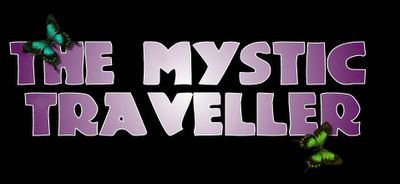The Lonely Planet Culture
The Lonely Planet books are by far the finest travel guides on the market. They are consistently well researched and clearly written. That said, they should not be overly relied upon, because there are wonderful hotels, restaurants and places of interest that are often omitted from its hallowed pages.
The Lonely Planet has been a welcomed travel companion over the years. However, I have some concerns about it. As I travel throughout the world, I am discovering that the planet is now transforming into The Lonely Planet!
Whether it be Copacabana in Bolivia, Kochi in India, Pokhara in Nepal, or Luang Prabang in Laos, it seems that places of unique culture and history are being transformed into places that fit a general backpacking standard, as defined by everyone's favourite guidebook. The same hemp leaf adorned shops, vegetarian restaurants and Internet cafes, are now replacing the traditional face that made these spots so special in the first place. For the sake of business, the locals are forced out and the backpackers swooned in.
I don't blame The Lonely Planet, because this is clearly an unintentional result of their enormous success. But, their mass appeal has led to people around the world using the guidebook as an insight for developing businesses appealing to backpackers.
Backpacking culture has always promoted itself, rather snobbishly, as one looking for experiences that the average package tour visitor is not privy to. Ironically, as The Lonely Planet culture invades the most isolated corners of the world, it would now seem that backpackers are merely on The Lonely Planet package tour.
The Lonely Planet has been a welcomed travel companion over the years. However, I have some concerns about it. As I travel throughout the world, I am discovering that the planet is now transforming into The Lonely Planet!
Whether it be Copacabana in Bolivia, Kochi in India, Pokhara in Nepal, or Luang Prabang in Laos, it seems that places of unique culture and history are being transformed into places that fit a general backpacking standard, as defined by everyone's favourite guidebook. The same hemp leaf adorned shops, vegetarian restaurants and Internet cafes, are now replacing the traditional face that made these spots so special in the first place. For the sake of business, the locals are forced out and the backpackers swooned in.
I don't blame The Lonely Planet, because this is clearly an unintentional result of their enormous success. But, their mass appeal has led to people around the world using the guidebook as an insight for developing businesses appealing to backpackers.
Backpacking culture has always promoted itself, rather snobbishly, as one looking for experiences that the average package tour visitor is not privy to. Ironically, as The Lonely Planet culture invades the most isolated corners of the world, it would now seem that backpackers are merely on The Lonely Planet package tour.



No comments:
Post a Comment